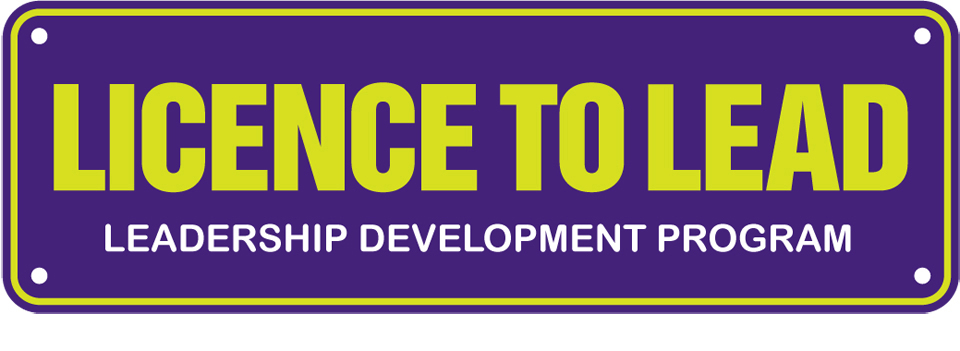YOU ARE THE AVERAGE OF THE FIVE PEOPLE YOU SPEND MOST OF YOUR TIME WITH
 Tuesday, September 20, 2016 at 5:03PM
Tuesday, September 20, 2016 at 5:03PM 
If you spend most of your time with negative people, it follows that your mood might also be brought down. If you spend time with positive people, you probably feel uplifted by them. Jim Rohn reckons that if you could measure either the negativity or positivity of all five, you would be the average of the group. I’m not aware of any scientific evidence to back the claim up, but I certainly believe the sentiment of it.
If you want to be fitter and healthier, start hanging around people that value fitness and health. If you want to be a speaker or an author, find groups of like minded people and spend time in their company. Many of us, by the nature of our chosen careers, spend time with fellow work mates and colleagues, so it may be a challenge to spend time with others beyond this group. But this is a choice that we can make if we want it bad enough.
People who aspire to be more effective in their leadership need to spend time in the company of others who want the same thing. Here are some ideas and options that might result in you widening your current circle of contacts.
- Find a coach or mentor and have some one on one sessions to challenge your thinking and create a bigger picture.
- Join your professional industry association and attend regular meetings and conferences.
- Become a board member of a charity or not for profit. Your fellow board members are there because of the expertise they bring and you will learn from them.
 change,
change,  leadership,
leadership,  simplicity in
simplicity in  Leadership,
Leadership,  Managers,
Managers,  Teamwork,
Teamwork,  help others
help others 



